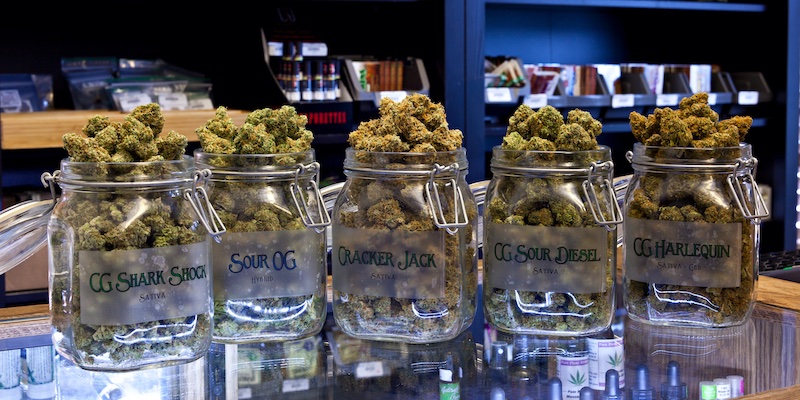
Curious Cannabis Strains
By: Kannabia Seed Company Culture
Kannabia Seed Company sells its customers hobby (collection) seeds for personal use. Its germination and cultivation is prohibited. The buyer undertakes to consult the legislation in force in his country of residence to avoid incurring in the performance of an illegal activity.
Mainland US express shipping
$0 Orders over $80
*$12 orders under $80


*Your coupon will be sent via email.
*Should you have any question, comment or feedback, please do not hesitate to contact us.